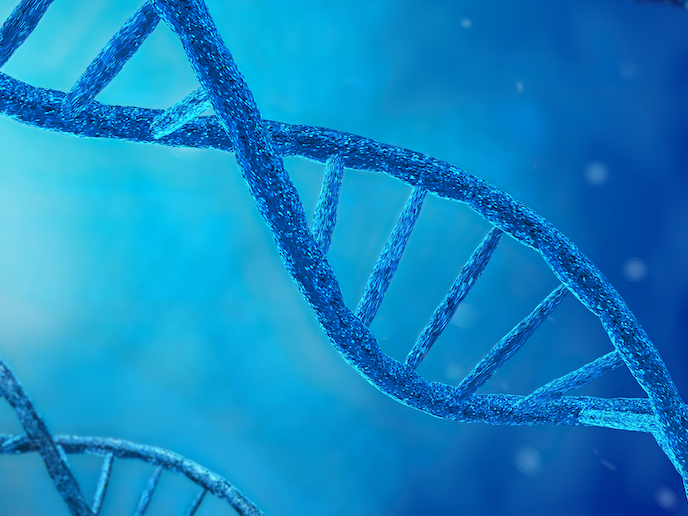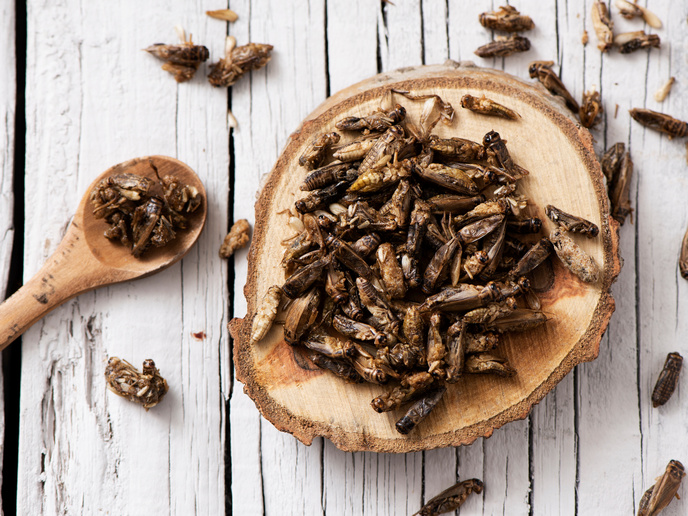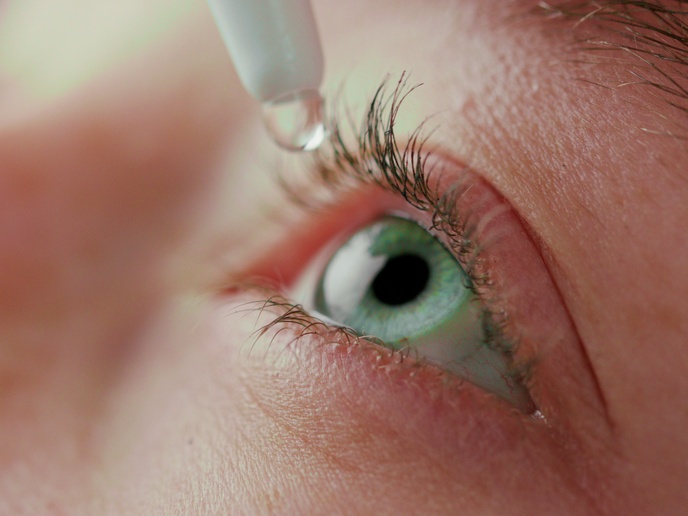Bacteria DNA study reveals some of the secrets of life
All living organisms need to be able to copy their genetic information and transmit it to their offspring in order to reproduce. This complex process of DNA replication(opens in new window) involves a high number of proteins and enzymes, which must be tightly regulated to ensure genome stability and copying fidelity. “DNA replication is an essential step in the bacterial cell cycle,” explains NutriCoRe project coordinator Michele Felletti, postdoctorate researcher at Stockholm University(opens in new window), Sweden. “Under optimal conditions, bacteria can divide and proliferate rapidly for many generations.” Under stress conditions however – for instance nutrient starvation – bacteria enter into a kind of survival mode. In pathogenic bacteria, this mode is often associated with antibiotic tolerance(opens in new window) and infection persistence.
Understanding life
The aim of the NutriCoRe project was to better understand the molecular mechanisms by which bacterial cells sense the absence of nutrients, suspend DNA replication and enter this survival mode. The research, which was undertaken with the support of the Marie Skłodowska-Curie Actions programme(opens in new window), focused on a very important protein called DnaA. This is present in virtually all bacteria and is essential for starting DNA replication. “DNA regulation is one of the most fundamental and fascinating biological processes,” says project supervisor Kristina Jonas, assistant professor of Molecular Biosciences at Stockholm University, Sweden. “We recognised that understanding this process was critical to understanding life. Besides that, we felt that understanding how bacteria decide whether to initiate DNA replication could potentially provide us with new ideas of how to control bacterial proliferation in medicine and industry.” Using genetics and biochemistry techniques, Felletti and Jonas studied how the levels of DnaA change during nutrient starvation in the model bacterium Caulobacter crescentus(opens in new window). Although Caulobacter is a freshwater non-pathogenic bacterium, it is closely related to bacteria that are relevant for human health, ecology and biotechnology. The researchers discovered that DnaA synthesis ceases during nutrient starvation. They found evidence that, when nutrient levels in cells are low, the cellular machinery responsible for protein synthesis stops DnaA production during the first stage of DnaA synthesis. “This mechanism could be used in a similar way by different bacteria to regulate essential proteins in response to nutrient starvation,” explains Felletti.
Antibiotic drug development
The identified mechanism might constitute a new regulatory principle, by which gene expression is regulated in response to nutrient availability in bacteria. “More generally, the results of this study have provided novel insights into the diversity of regulatory mechanisms that control DNA replication, one of the most important biological processes,” says Jonas. In the long term, the new findings may also help to advance new strategies to treat bacterial infections, through the development of antibiotic drugs that directly target components of the DNA replication apparatus. “It would be great if our results contribute towards bacterial growth control in industry and biotechnology, for instance by engineering bacteria with custom functions,” adds Jonas. Understanding the molecular mechanisms that regulate bacterial proliferation nonetheless remains a fundamental challenge in biology. “While the NutriCoRe project has provided some important insights into the regulation of DnaA and DNA replication, this is not the only biological process that is affected by nutrient availability,” notes Felletti. “Other fundamental cellular processes, such as cell growth, cell division and protein synthesis are also the target of nutritional control mechanisms. There is still a need to better understand these regulatory mechanisms in different bacterial species.”







